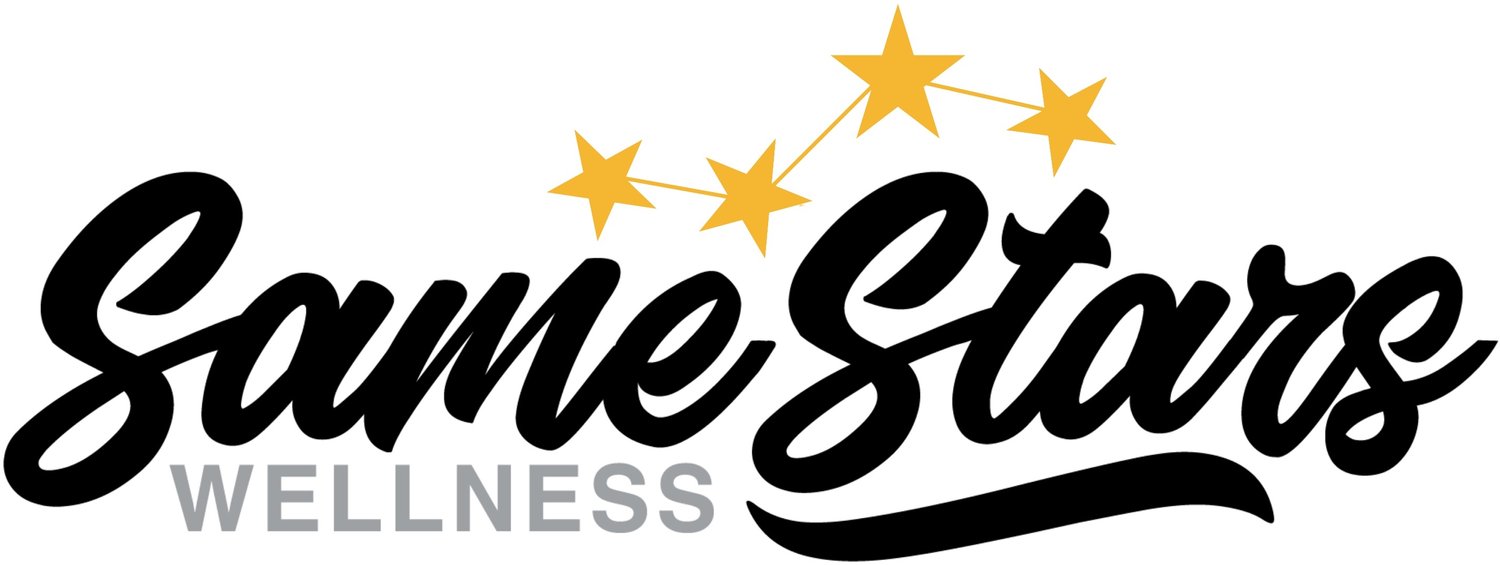Supporting Physiotherapy and Occupational Therapy Goals for Children with Neuromotor Conditions
Helping kids move, play, and grow with comfort
Children with neuromotor conditions like cerebral palsy, spina bifida, or muscular dystrophy often spend many hours each week in physiotherapy and occupational therapy. These therapies help strengthen muscles, improve coordination, and build essential life skills — but sometimes tightness, fatigue, or discomfort can make progress harder.
Massage therapy helps bridge that gap.
At Same Stars Wellness, our pediatric-trained massage therapists use gentle, adaptive techniques to support your child’s body and nervous system — helping therapy feel easier, more comfortable, and even more fun.
Why kids with neuromotor conditions benefit from massage
Children with neuromotor challenges often experience:
Increased tone or spasticity
Muscle fatigue or soreness after therapy or daily activity
Difficulty relaxing due to overactive reflexes or sensory input
Sleep or attention struggles related to discomfort or fatigue
Massage therapy helps reduce these challenges by promoting comfort and body awareness. When muscles relax, it becomes easier for children to participate in therapy, focus, and recover between sessions.
How massage therapy supports physiotherapy and OT
Massage therapy complements the goals of physiotherapy and occupational therapy by:
Increasing circulation and tissue flexibility
Reducing muscle tightness and tone
Supporting balance and coordination
Improving proprioception (the body’s sense of position and movement)
Helping children feel calm, safe, and ready to learn
When a child’s body feels more at ease, therapy sessions can be more productive — stretches go farther, movements become smoother, and confidence grows.
A sensory-friendly, playful approach
Our approach to pediatric massage is gentle, flexible, and built around your child’s needs.
That might mean working in a wheelchair, on the floor, or next to a favorite toy or caregiver.
Therapists may use:
Rhythmic, slow techniques to help reduce tone
Gentle stretching and range-of-motion work
Calming touch to support sensory regulation and focus
Creative engagement (storytelling, songs, or counting) to make it fun
Every appointment is tailored to your child’s attention span, sensory preferences, and comfort level.
Collaboration with your child’s therapy team
Massage therapy works best as part of a team approach.
We regularly collaborate with physiotherapists and occupational therapists to align care goals — for example, supporting posture and gait training, improving upper limb use, or preparing muscles for fine motor activities.
By keeping communication open between providers, we help your child achieve better outcomes and feel supported across all areas of care.
Whole-family support
We know that caring for a child with complex needs can be both rewarding and exhausting.
Our team provides parents and caregivers with home strategies such as:
Gentle positioning and stretching tips
Simple bedtime routines for relaxation
Techniques to extend the benefits of massage between visits
It’s all about helping families feel empowered and equipped with tools that make daily life a little smoother.
Further Reading & Resources
Learn more about pediatric massage therapy at samestarswellness.com or call 403-452-6783 to book your appointment.

